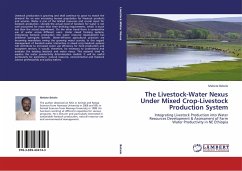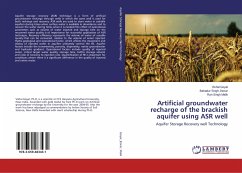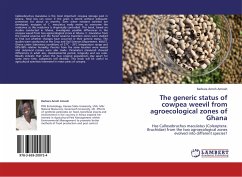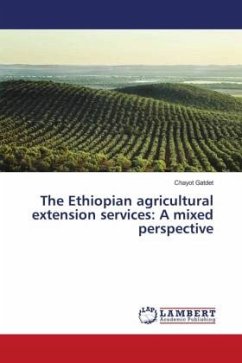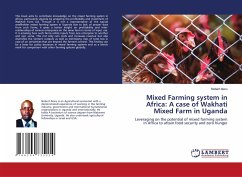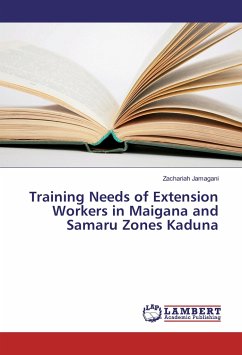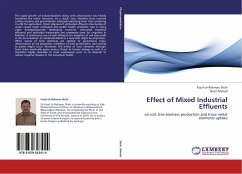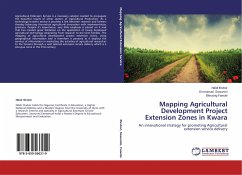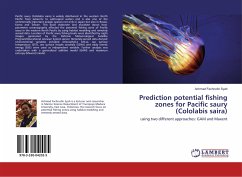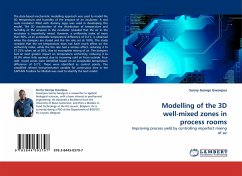
Modelling of the 3D well-mixed zones in process rooms
Improving process yield by controlling imperfect mixing of air
Versandkostenfrei!
Versandfertig in 6-10 Tagen
32,99 €
inkl. MwSt.

PAYBACK Punkte
16 °P sammeln!
The data-based mechanistic modelling approach was used to model the 3D temperature and humidity of the airspace of an incubator. A real scale incubator filled with dummy eggs was used in developing this model. The 3D visualisation of the distribution of temperature and humidity of the airspace in the incubator revealed that the air in the incubator is imperfectly mixed. However, a uniformity index of more than 90%, at an acceptable temperature difference of 0.2°C, is obtained when the dampers are closed and the fan rate set at 100%. The study revealed that the set temperature does not have mu...
The data-based mechanistic modelling approach was used to model the 3D temperature and humidity of the airspace of an incubator. A real scale incubator filled with dummy eggs was used in developing this model. The 3D visualisation of the distribution of temperature and humidity of the airspace in the incubator revealed that the air in the incubator is imperfectly mixed. However, a uniformity index of more than 90%, at an acceptable temperature difference of 0.2°C, is obtained when the dampers are closed and the fan rate set at 100%. The study revealed that the set temperature does not have much effect on the uniformity index, while the fan rate had a serious effect, reducing it to 57.25% when set at 30%, due to incomplete mixing of air. The dampers had an even greater impact on temperature uniformity, reducing it to 36.9% when fully opened, due to incoming cold air from outside. Four well- mixed zones were identified based on an acceptable temperature difference of 0.2°C. These were identified as control points. The simplified refined instrumentation variable for continuous time in the CAPTAIN Toolbox for Matlab was used to identify the best model



